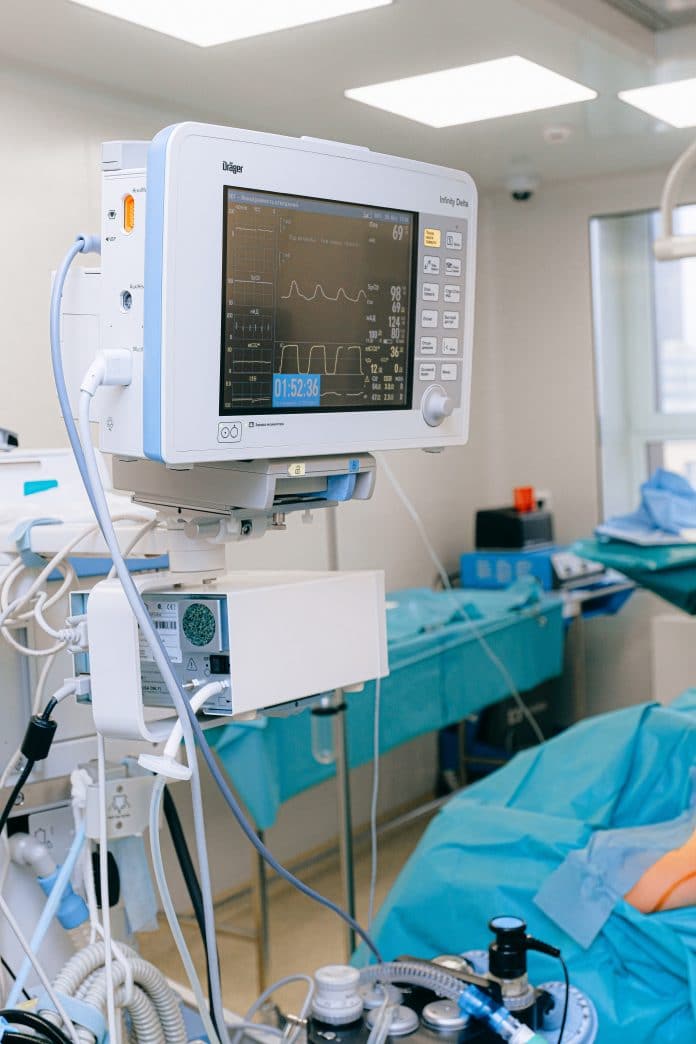One of the alarming byproducts of the COVID-19 pandemic is that people fearing exposure to the virus have been delaying emergency calls to 911 or going to hospitals for treatment of what turn out to be serious medical issues.
Cardiac arrest call volume doubled in July but the length of time the patient had been suffering cardiac symptoms before calling 911 tripled, MedStar said in a news release.
Surviving a life-threatening heart attack is dependent on rapid recognition and treatment and delays in either can turn deadly.
Area healthcare leaders remind everyone that it is very safe to call 911 or go to the hospital for acute medical problems, Matt Zavadsky, MedStar’s chief strategic integration officer, said in a news release. Hospitals have taken numerous steps to assure patient safety and EMS crews are well prepared to safely intervene for serious medical issues.
“We continue to be concerned that our data seems to indicate that people may be waiting too long to call 911, or seek medical care. EMS systems, hospitals and the emergency departments focus constantly on infection control. Rest assured, it is safe to seek emergency medical care with no fear of contracting COVID-19,” Zavadsky said. “Make the call, as we are all here to serve you with safe medical diagnoses and treatment”
MedStar tracks a boatload of statistics on the calls it gets, the time lapse involved and the results of those calls.
So far in July, MedStar’s responses for patient cardiac arrest victims – patients whose heart has stopped beating and require CPR on scene – are double what they were the same time period in July 2019.
Responses in which a patient was found by MedStar crews to be in cardiac arrest increased by 106% in July 2020 compared to July 2019. Of the patients found to be in cardiac arrest, patients with whom resuscitation efforts were terminated on-scene by MedStar crews increased 103%.
MedStar data also shows the median time a patient experienced heart attack symptoms prior to calling 911 tripled from one hour in March and April, to three hours so far in July.
“Don’t be scared to death,” Zavadsky said.
For information on the signs of heart attack and stroke: https://www.heart.org/en/about-us/heart-attack-and-stroke-symptoms






